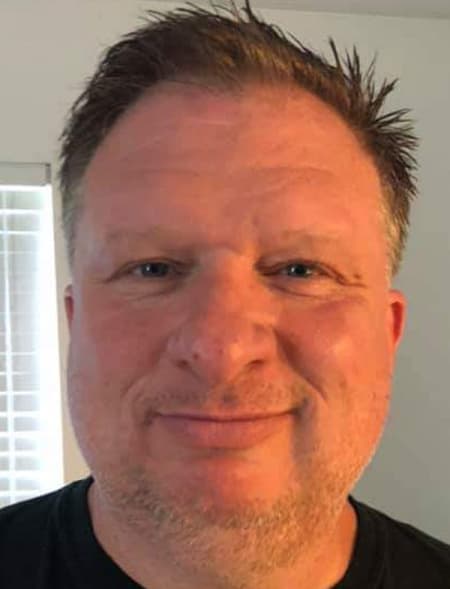CHAPEL HILL – Cheaters will be cheaters, Mack Brown says, and NIL has given them another vehicle to do just that.
This isn’t just a coach saying stuff off the cuff, it is real, it is happening, and something must be done about it because the guilty are clouding original intent of NIL, which can be a wonderful tool for young athletes to develp certain life skills quicker than ever before.
But the bad stuff is threatening to override the positives.
“It is being used and abused by some universities that cheat,” Brown said during a press conference at the Kenan Football Center on Tuesday. “They were cheating before and they’re cheating now.”
Name, Image, and Likeness is supposed to allow college athletes to make money for being who they are, be it through autographs, jersey sales, pushing products, what have you. Successful examples of NIL are aplenty.
But the bad guys, so to speak, are taking advantage of it by going a step beyond its design. Or more.
*************************************************************************************
And Remember, for just $8.33 a month, YOU CAN BE AN INSIDER, TOO!!!
*************************************************************************************
“It wasn’t supposed to be used for recruiting inducements – it is,” Brown said. “It wasn’t supposed to be used for pay-for-play – it is. There are incentives, I’ve been told, across the country that some people are saying, ‘If you do this, you’re going to get paid for it.’ That was not the way the NIL was set up.”
The abuse is prevalent as well. Brown knows firsthand because some of his own players have been targeted. This is where issues with NIL and enforcement have clearly intersected with the transfer portal.
“There are people that are going beyond what they’re supposed to do with NIL,” the candid Carolina coach said. “Absolutely. A hundred percent. And we have had players on our team that have been approached by other teams.
“It’s usually through a player, so it’s not tampering they think it’s them (team personnel) not calling, if they’re not calling. If it’s a high school teammate or another player, then it gets very, very gray.”
There are many positives to NIL, however, and Brown is more than happy to discuss them, and how his own players are benefitting.
They learn how to make money, deal with agents, represent products in some cases, manage money, and about paying taxes. Brown used an example of educating a young player to think twice about getting some cash and quickly spending it on an expensive pair of shoes or some other item.
Making money and handing it are absolutes in the real world. Some do it well, some don’t. He wants his guys to learn financial discipline before they leave school and head into the real world.
“The players have to learn to make money, and that’s what everybody does when they get out,” he said. “So, all we’re doing is we’re making them grow up a little faster, and they’re learning how to make money at an earlier age.”
Former quarterback Sam Howell used some of his NIL leverage to help teammtes get some revenue, and his NIL income to donate to charity. Last summer, he partnered with TABLE, a nonprofit organization in Orange County that focuses on hunger relief for the needy.
Furthermore, a positive from NIL has benefitted UNC wide receiver Tylee Craft, who is battling cancer. He was forced to drop out of school dealing with the rigors of treatment the last several months, so the family needs additional income to help pay for expenses.

“His NIL opportunity with his tee-shirts can help his family at a time when they need money,” Brown said.
Some NIL opportunities don’t really have anything to do with exchanges of cash.
According to its stated mission, Heels4Life “serves as a support and facilitating system for UNC Football players in the NIL era so that current players can keep their focus on the field and in the classroom while still maximizing their NIL. Heels4Life members will compliantly support players in NIL while also receiving the same benefits at any level of membership.”
This also includes opportunities for current players to gain experience in their professional fields of interest, gaining exposure and in some cases real-life work practice. It also puts them in direct contact with some of the employers that could hire them down the road.
“A lot of our program with NIL is to get an internship for a young guy that’s going to work with somebody now in a trade that they’d like to work in when they get through,” Brown said. “So, we’re speeding that process up, and it’s really a good process. And it will help them with life after football.”
So, nearly a year into the NIL experience, Brown sees a ton of positives, but the concerns are so big that stability in this entire process could be threatened.
“It’s prevalent, it’s real, it’s an issue for all of us, and it’s something that needs to be looked at very closely… We need to take it as a positive, use it as a positive, help young guys with it. But at the same time, get some guidelines.”
